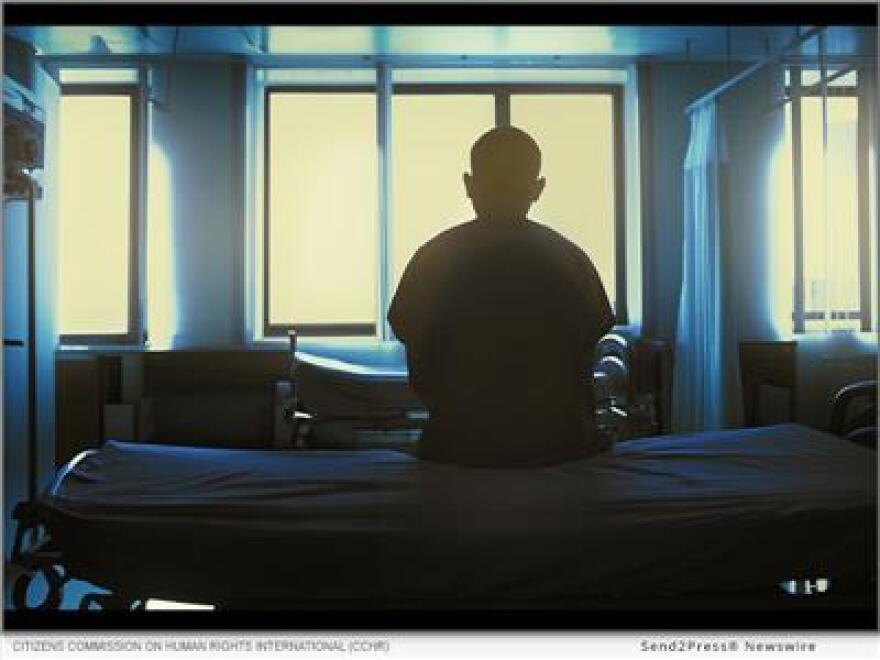More than one-in-five Coloradans say they are lonely, according to new numbers from the Colorado Health Access Survey (CHAS), a large dataset on residents' health which the Colorado Health Institute publishes every other year.
As in past years, surveyors asked questions about everything from dental care to food access. This year, for the first time, they also asked about loneliness.
22% of respondents said they felt left out or isolated. These numbers tend to be higher in urban areas compared to rural regions. In Denver nearly 30% of residents report loneliness. Larimer County’s rate is slightly above average.
“We're driving oftentimes to work and back from work and picking up kids,” Dr. Jared Olson, the senior population epidemiologist for Larimer County, said. “And then when we're at home, there aren't a lot of opportunities to connect either, and it's perhaps easier to stream something or to scroll on social media.”
Membership organizations, including unions and Elk’s Lodges, are more limited than in past decades, Olson said, noting that these challenges aren’t unique to Larimer County.
“So, it's certainly a new phenomenon for us to be able to have so much access to entertainment and features that look like connection,” Olson said.
Over the past few years, Larimer County’s own community health assessment has revealed isolation and a need for more belonging, especially among young people as well as older adults. The county has responded with efforts to increase connection on public transportation as well as through volunteerism.
'A promising direction'
CHAS results show that Coloradans who reported loneliness were also more likely to struggle with both physical and mental health. However, the rate of mental health struggles has generally dropped for the first time in several years. This year, one in five residents reported poor mental health.
“After over a decade of increase, we finally saw a data point moving in what I think many of us would say is a promising direction, downward,” Suman Mathur, the director of the Colorado Health Institute, said during a call with reporters this week.
The survey results also show that Coloradans are getting more help managing their feelings. Fewer reported trouble accessing care. One in three said that this year they have discussed their mental health with a clinician or medical provider.






